In an era where technological advancements are revolutionizing every industry, real estate development stands at the forefront of innovation. From virtual reality property tours to AI-driven market analysis, the integration of cutting-edge technologies is not just enhancing efficiency but fundamentally reshaping the way architects, engineers, contractors, and owners (AECO) approach projects.

Imagine being able to explore a property without setting foot inside. Virtual reality (VR) and augmented reality (AR) have made this possible, providing immersive experiences that allow stakeholders to visualize spaces and make informed decisions early in the design phase. Architects can now collaborate seamlessly with clients, showcasing design concepts in real-time, while potential buyers can take virtual tours of properties from anywhere in the world. This level of interactivity not only accelerates decision-making but also minimizes misunderstandings, resulting in more accurate project outcomes.
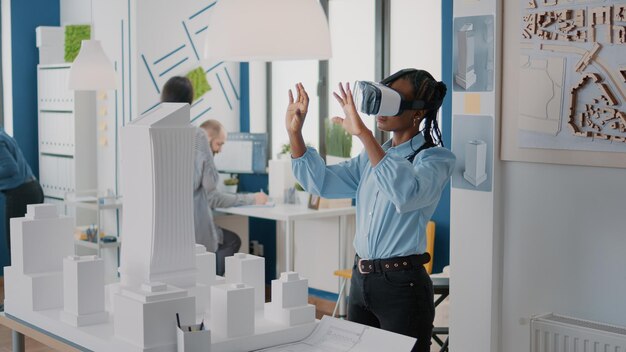
AI has become a game-changer in real estate, particularly in market analysis and predictive modeling. By leveraging big data analytics, developers can now forecast market trends with unprecedented accuracy. AI algorithms sift through vast amounts of data—ranging from demographic shifts to economic indicators—to identify investment opportunities and potential risks. This data-driven approach enables developers to optimize project planning, pricing strategies, and even customize offerings based on consumer preferences.
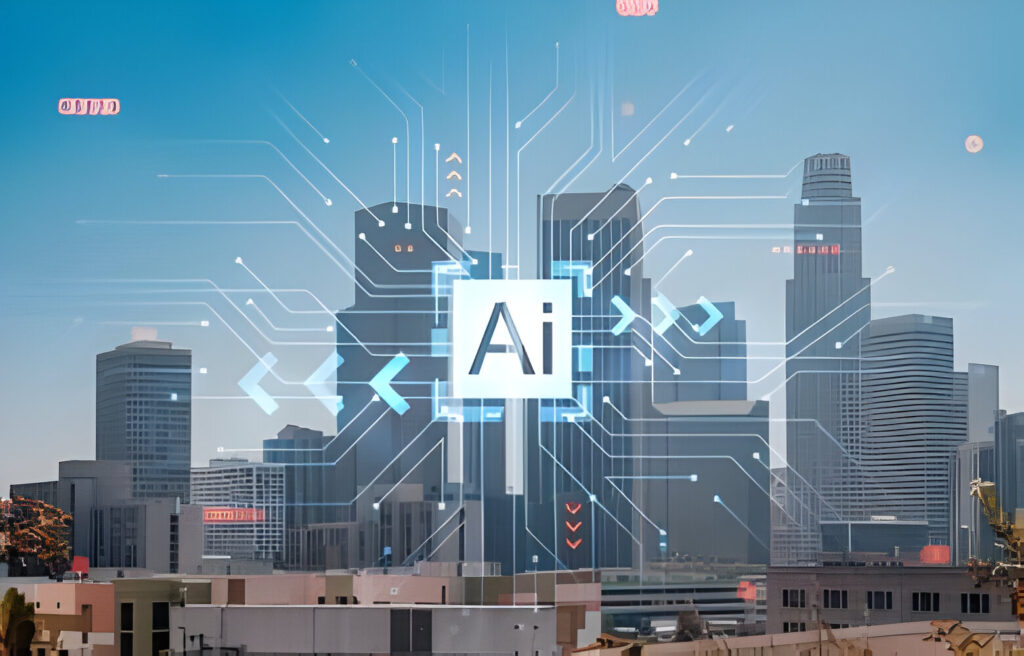
The IoT has ushered in the era of smart buildings, where interconnected devices and sensors optimize energy efficiency, security, and tenant comfort. From automated climate control systems that adjust based on occupancy to predictive maintenance alerts that prevent costly repairs, IoT-enabled buildings not only reduce operational costs but also enhance sustainability efforts. Real-time data from IoT devices provides valuable insights that empower developers to create spaces that are not only functional but also responsive to the needs of occupants.
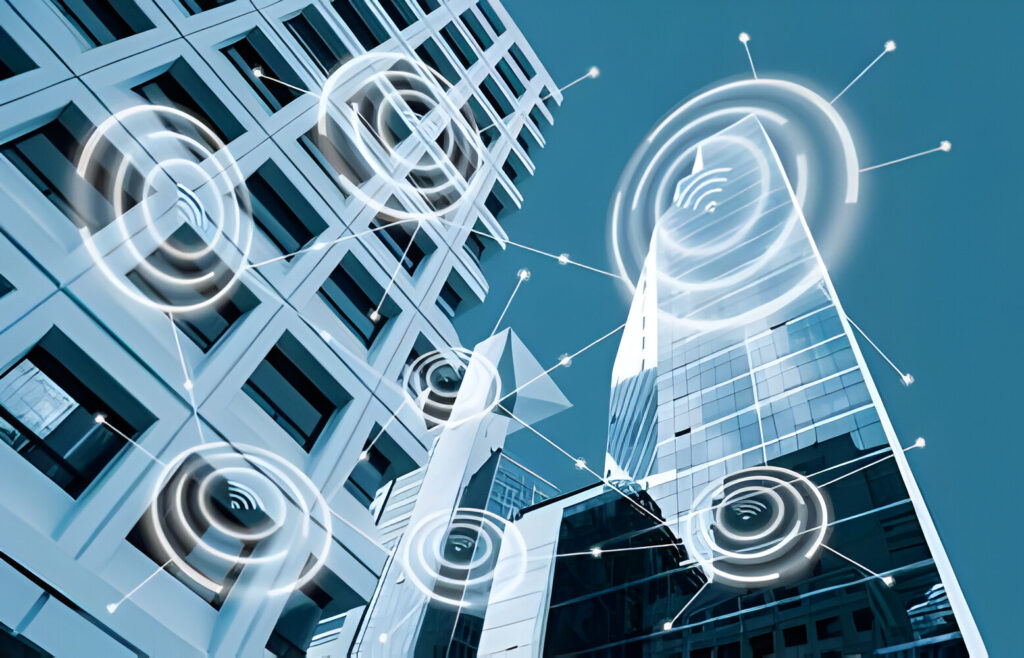
Blockchain technology is increasingly being adopted to streamline transactions in real estate, offering transparency, security, and efficiency. Smart contracts powered by blockchain enable secure and automated execution of agreements, eliminating intermediaries and reducing transaction times. This decentralized approach not only mitigates fraud risks but also simplifies the entire process of property sales, leases, and transfers.
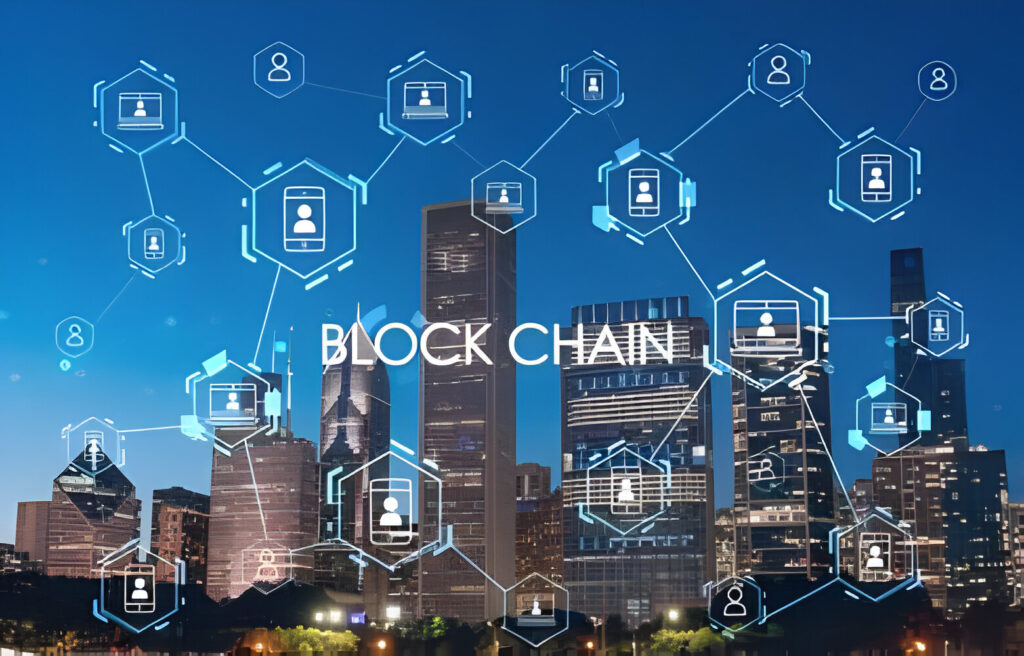
Blockchain technology is increasingly being adopted to streamline transactions in real estate, offering transparency, security, and efficiency. Smart contracts powered by blockchain enable secure and automated execution of agreements, eliminating intermediaries and reducing transaction times. This decentralized approach not only mitigates fraud risks but also simplifies the entire process of property sales, leases, and transfers.
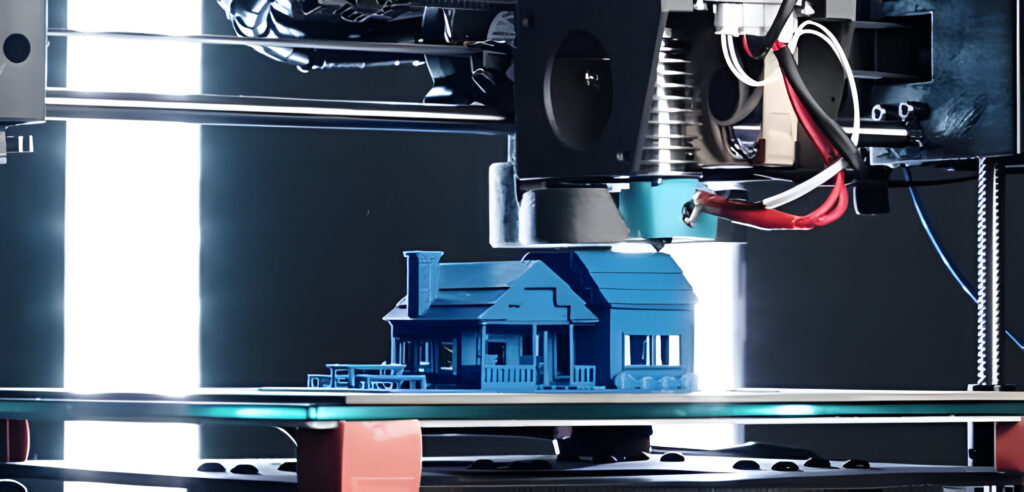
As the real estate industry continues to embrace technological innovations, the AECO sector finds itself at the threshold of unprecedented transformation. From enhancing design and construction processes to optimizing operational efficiency and sustainability, the integration of VR/AR, AI, IoT, blockchain, and advanced construction technologies is redefining the possibilities within real estate development. By staying abreast of these advancements, industry professionals can not only meet the evolving demands of today’s market but also shape the future of urban landscapes worldwide. Embracing these technologies isn’t just about staying competitive—it’s about leading the charge towards a smarter, more connected built environment.
© 2023 Created with Belco Republic Group